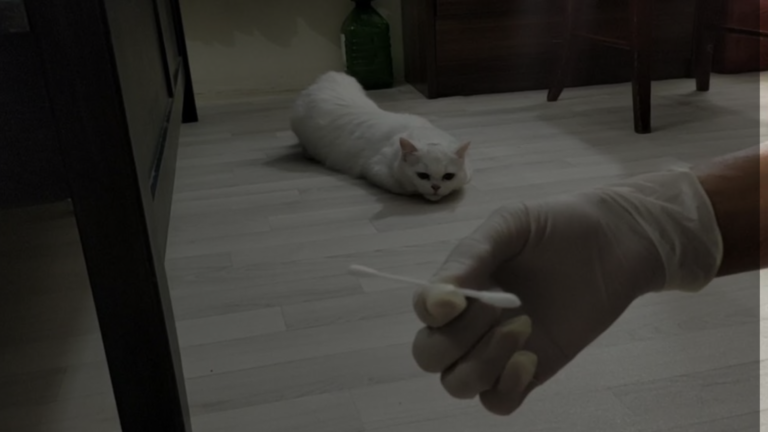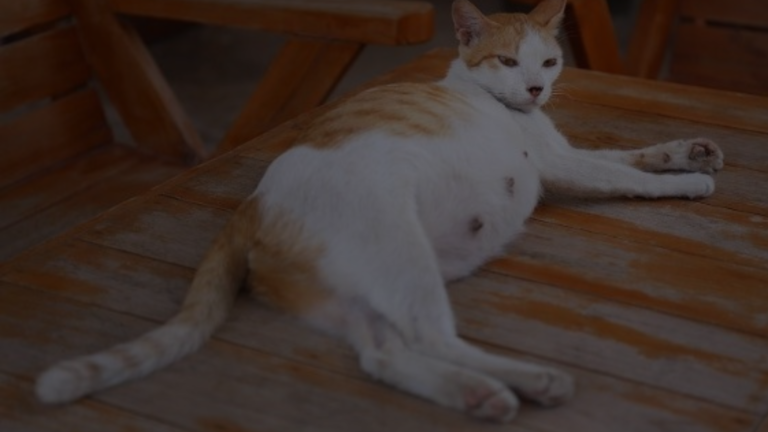If you’re a pet lover and a responsible cat owner, you’ve probably wondered if can cats drink dog milk. However, there is a lot of information out there about what cats can and cannot eat. In this comprehensive guide, we’ll delve into this intriguing question and provide you with all the information you need to make the best decisions for your partner.

Understanding the Difference Between Cat and Dog Milk
Before we discuss whether cats can drink dog milk, it is important to understand the difference between these two types of milk. Cat’s milk and dog’s milk contain distinct compounds that meet the specific nutritional needs of their respective offspring.
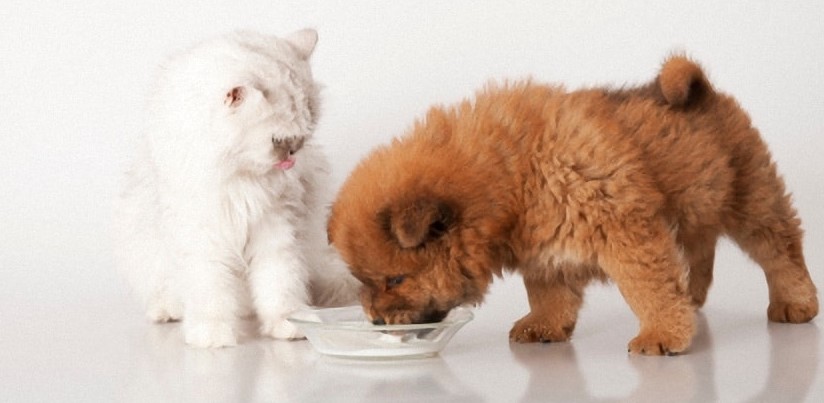
Cat Milk Composition
Cat’s milk is naturally produced by mother cats to nourish their kittens. It is high in fat and protein, providing essential nutrients for a growing kitten. Cat’s milk is also relatively low in lactose, the sugar found in milk, which is important because many adult cats are lactose intolerant.
Dog Milk Composition
Dog milk, on the other hand, is designed to meet a dog’s nutritional needs. It is generally lower in fat and protein than cat’s milk. Additionally, dog milk is high in lactose. Puppies normally produce the enzyme lactase, which allows them to digest lactose efficiently.
The Myth of Cats and Milk
A common misconception is that cats and milk go together. Although kittens depend on their mother’s milk for sustenance, the same cannot be said for adult cats. In fact, many adult cats lose their ability to effectively digest lactose as they get older, leading to lactose intolerance.
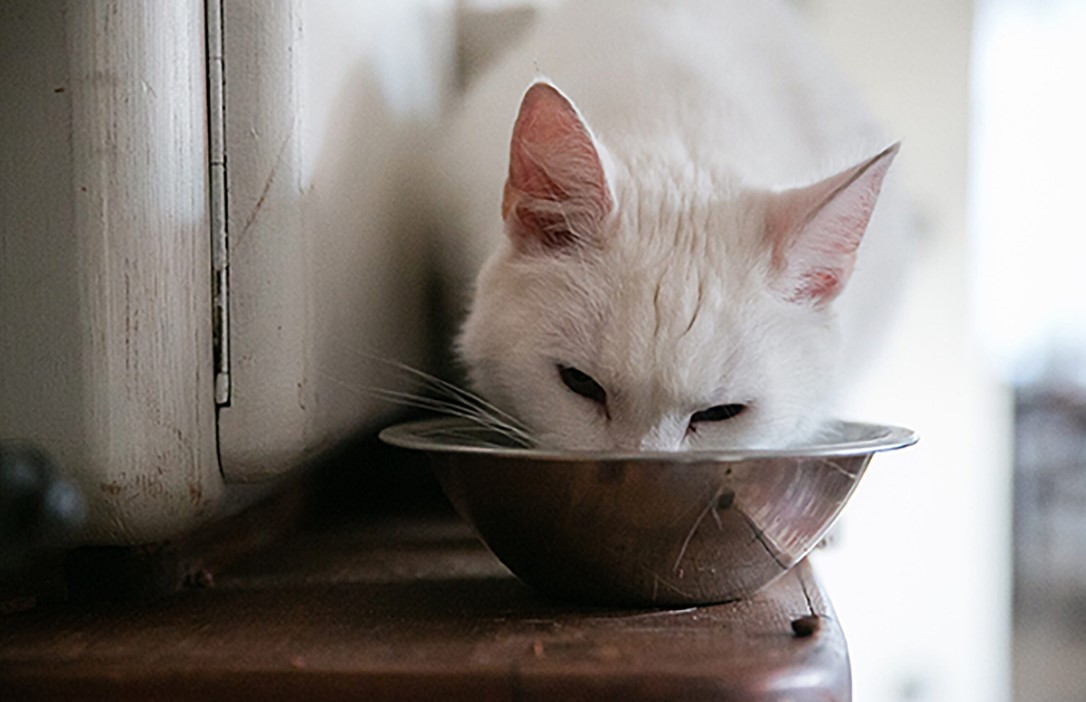
So can cats drink dog milk? The answer is not a straight yes or no. It depends on various factors.
Can Cats Drink Dog Milk? Factors to Consider
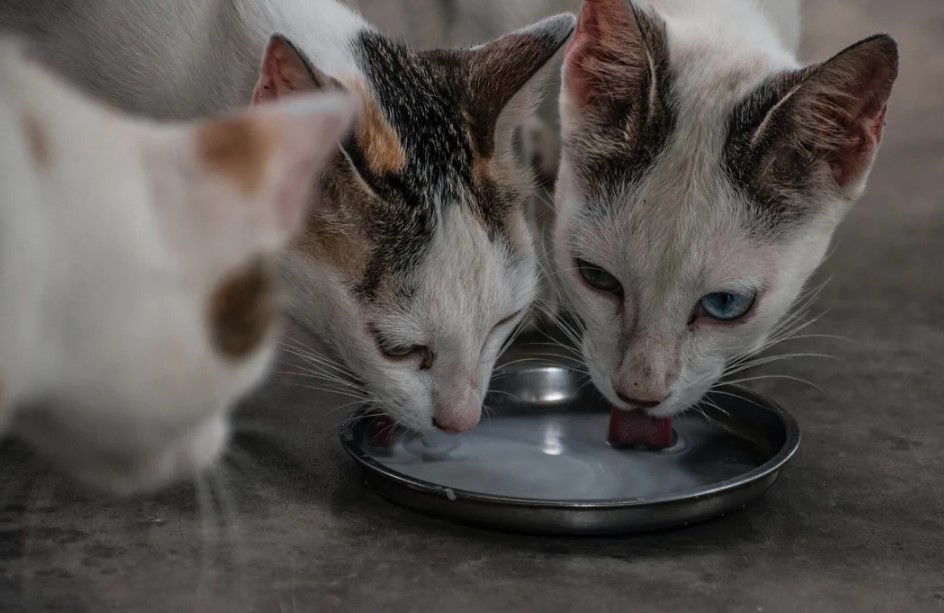
- Lactose Intolerance: As mentioned earlier, many adult cats are lactose intolerant. If your cat experiences digestive issues after consuming milk, it’s likely due to lactose intolerance.
- Moderation: If your cat can tolerate small amounts of milk without any adverse effects, you may offer it as an occasional treat. However, moderation is key.
- Alternative Options: Instead of dog milk, consider providing your cat with specially formulated cat milk or lactose-free milk, which is more suitable for feline consumption.
- Water is Best: Fresh water should always be the primary source of hydration for cats. Cats are very thirsty, so it’s important to make sure they have access to clean water at all times.
Signs of Lactose Intolerance in Cats
Lactose intolerance in cats can manifest in various ways. It’s essential to be aware of these signs to determine if your cat should avoid milk altogether.
Common Signs of Lactose Intolerance in Cats

- Diarrhea: Loose stools and diarrhea are common symptoms of lactose intolerance in cats.
- Vomiting: Cats may vomit shortly after consuming milk or dairy products.
- Abdominal Discomfort: Some cats may experience abdominal pain, cramping, or bloating.
- Gas: Excessive gas can be a sign of lactose intolerance.
Alternatives to Milk for Cats
If you’re concerned about whether your cat can drink dog milk or regular cow’s milk, there are safer alternatives to consider.
Recommended Milk Alternatives for Cats
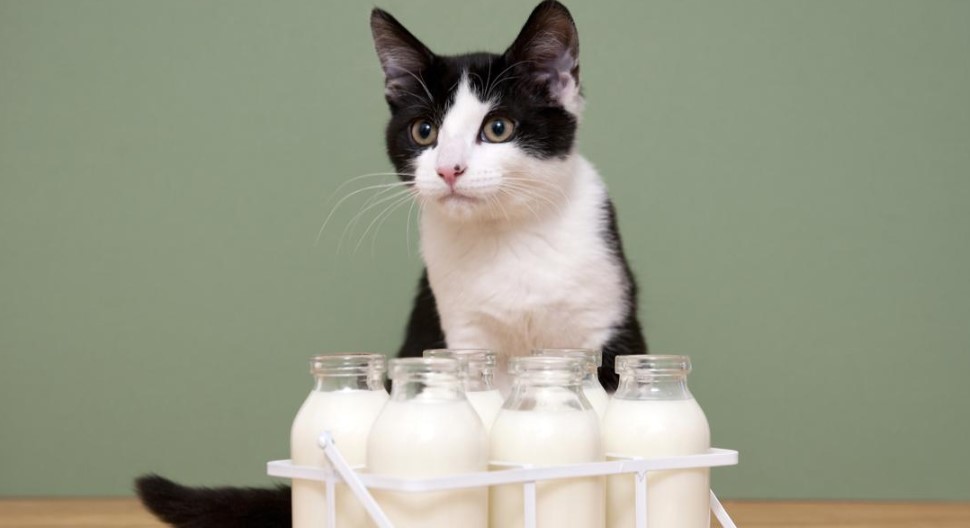
- Cat Milk: Specifically formulated cat milk products are available at pet stores and are designed to be safe for feline consumption.
- Lactose-Free Milk: Lactose-free milk options, such as lactose-free cow’s milk, can be given to cats in moderation.
- Water: As mentioned earlier, water is the best and safest way to keep your cat hydrated.
Conclusion
In summary, the question of whether cats can drink dog milk is important. Although it is not inherently toxic, it is important to consider your cat’s individual tolerance to lactose. If your cat experiences digestive problems after drinking milk, it is best to avoid it altogether. Instead, choose specially formulated cat milk or lactose-free alternatives to ensure your friend’s health.
Remember, every cat is unique, and what works for one may not work for another. Always prioritize your cat’s health and consult a veterinarian if you have concerns about their diet.
Resources & References
For more information on cat nutrition and health, consider exploring the following resources:
Recommended Articles
Guide to Feline Nutrition (PDF)
 Loading...
Loading...Recommended Video
For a visual guide on cat nutrition and lactose intolerance, watch the following YouTube video: “Cats Drinking Milk from Dog“.
FAQs – Can Cats Drink Dog Milk
Can cats drink dog milk?
Yes, cats can drink dog milk, but it is not ideal. Dog milk is higher in fat and protein than cat milk, which can cause digestive problems in cats. It is also lower in taurine, an essential amino acid for cats.
Is cow’s milk good for cats?
No, cow’s milk is not good for cats. It is difficult for cats to digest and can cause diarrhea and vomiting. Cow’s milk is also low in taurine, an essential amino acid for cats.
What kind of milk can cats drink?
The best milk for cats is cat milk. It is low in fat and protein and high in taurine. You can find cat milk at most pet stores. If you cannot find cat milk, you can give your cat a small amount of lactose-free milk or goat’s milk.
How much milk can cats drink?
Cats should only drink a small amount of milk each day. A few tablespoons is enough. If you give your cat too much milk, it can cause digestive problems.
Why do cats like milk?
Cats are attracted to the taste of milk. It is also a good source of protein and hydration. However, it is important to remember that milk is not a complete diet for cats and should only be given to them in moderation.
Can kittens drink milk?
Yes, kittens can drink milk. They need milk to survive. However, kittens should only drink cat milk. Cow’s milk is too difficult for them to digest.


